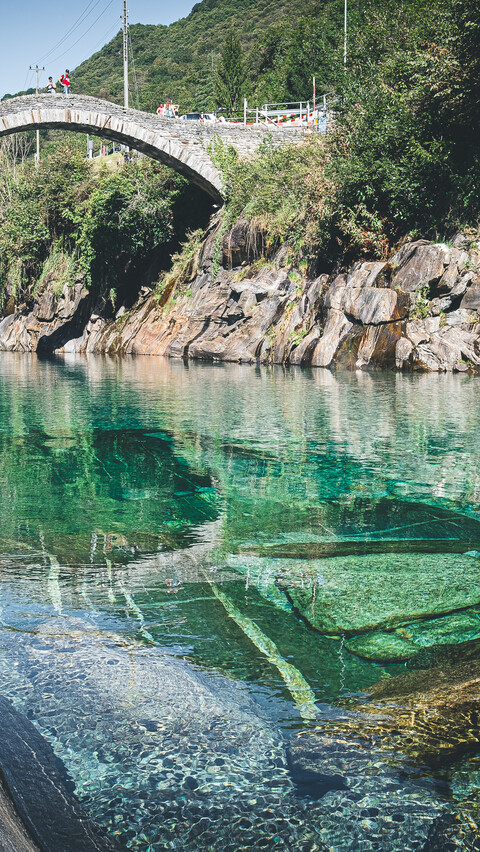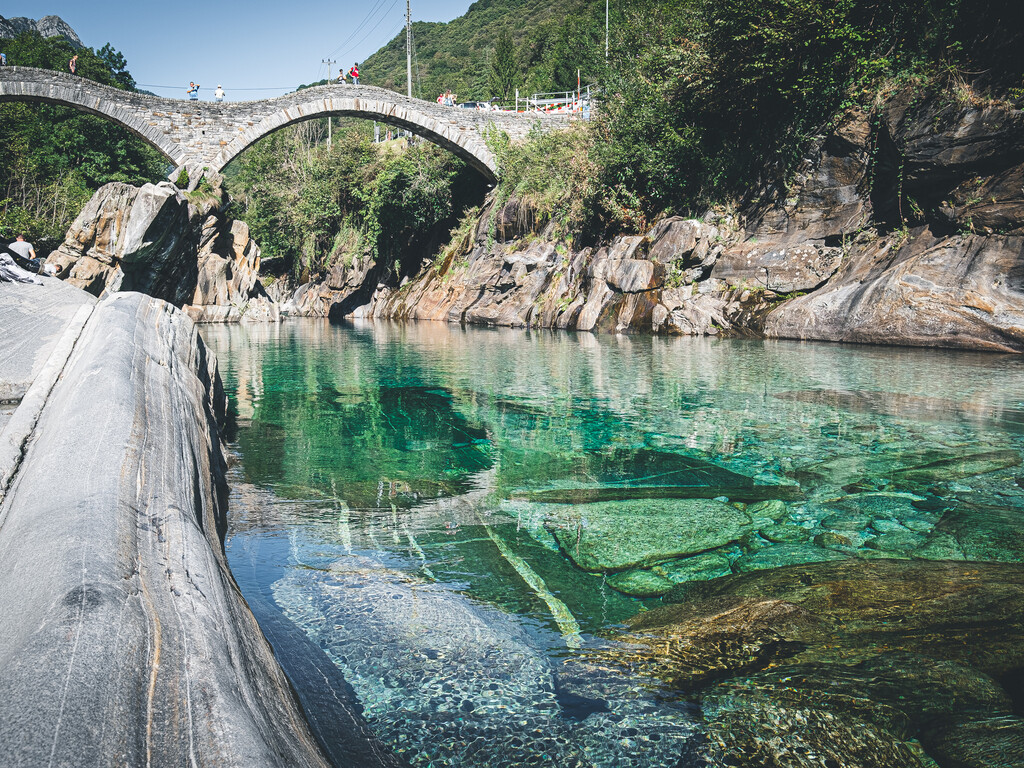Water is a vital resource and has become crucial not only for development and for combating poverty, but also for peace and political stability. We would like to introduce Swiss technologies focusing on ensuring the access to clean drinking water.
Switzerland is known as the water tower of Europe. It is the source of the great Rhone and Rhine rivers, and is home to numerous lakes and glaciers. But these reserves do not shield the country entirely from water stress, which is becoming an increasingly frequent occurrence, as in many other parts of the world. Cleantech therefore has a crucial role to play in securing our planet’s water reserves.
Swiss technology companies have been working for decades in conjunction with the authorities to ensure good water quality for the public, but also to protect this precious resource. This work has led to improvements in the treatment of wastewater and industrial waste. Although wastewater treatment is under control with almost all buildings connected to treatment plants, Switzerland is nevertheless confronted with the problem of micropollutants and agricultural treatment residue in the water table. These challenges have led to the development of solutions that often find their way into the export market, having first been tried and tested in Switzerland’s cities and mountain regions. These technologies use a variety of sustainable systems to reduce or eliminate entirely any chemicals, the ultimate aim being to deliver clean water without polluting the environment.
KLS Filter
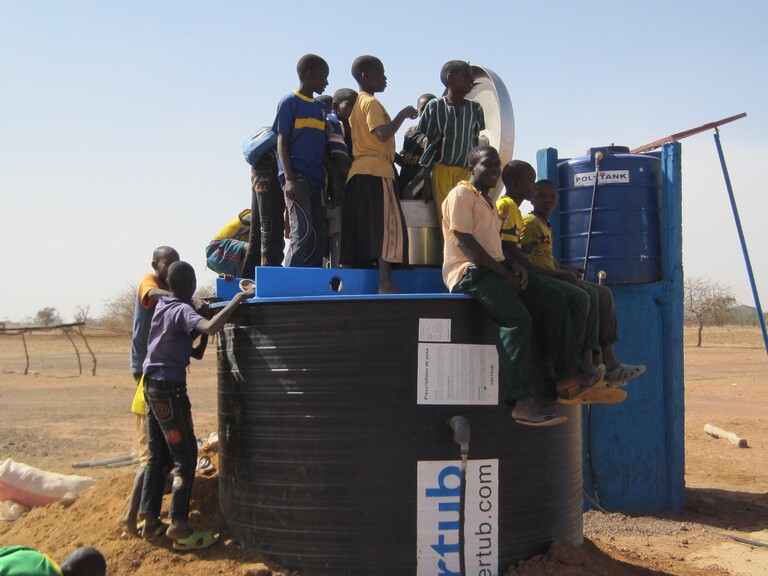
Up to 30,000 Litres of Drinking Water per Day, with no Electricity or Chemicals
The KLS filter makes water treatment possible in areas that are not connected to a drinking water supply. The device is based on slow sand and gravel filtration technologies and uses bauxite to remove all undissolved particles, including bacteria and suspended solids. The KLS filtration system is simple to maintain and particularly suitable for high altitude huts, chalets or isolated farms. Depending on the model used, it can treat from 500 to 30,000 litres of water per day. Having been tried and tested in the heart of the Swiss Alps, it can be adapted perfectly to any other part of the world, and can even provide entire villages with clean drinking water. The KLS filter was developed by RWB Group and is manufactured in partnership with Etertub.

Smixin
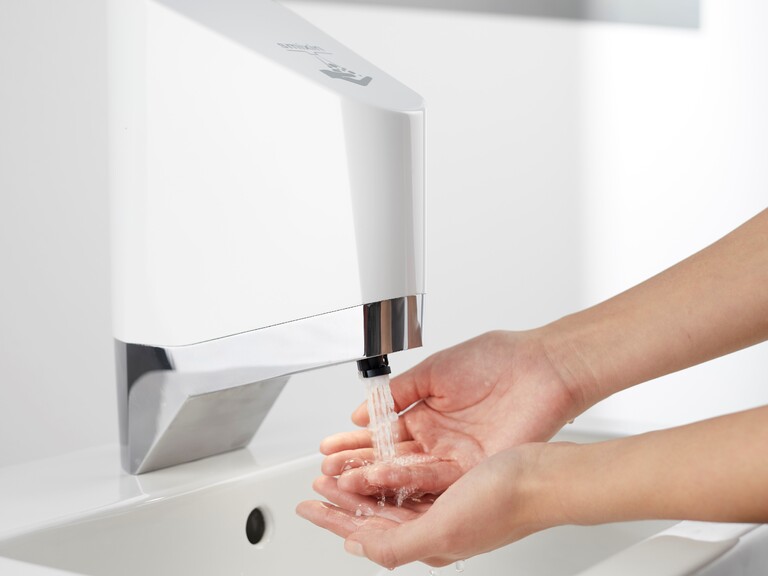
Hand-Washing Reinvented
Washing your hands is a simple gesture – one which we repeat several times a day. On a global scale, the water- saving potential associated with it is enormous. The hand-washing system developed by Smixin reduces water consumption by 90% and soap and paper consumption by 60%, all while guaranteeing a high level of hygiene. Thanks to its simple solution of mixing the soap directly into the water, the Smixin device gets your hands spotless in just 12 seconds. The devices can be used in public toilets or outdoors, and are intended specifically for use in public spaces with a large number of people passing through, such as on public transport, and in canteens, schools and restaurants.

ennos
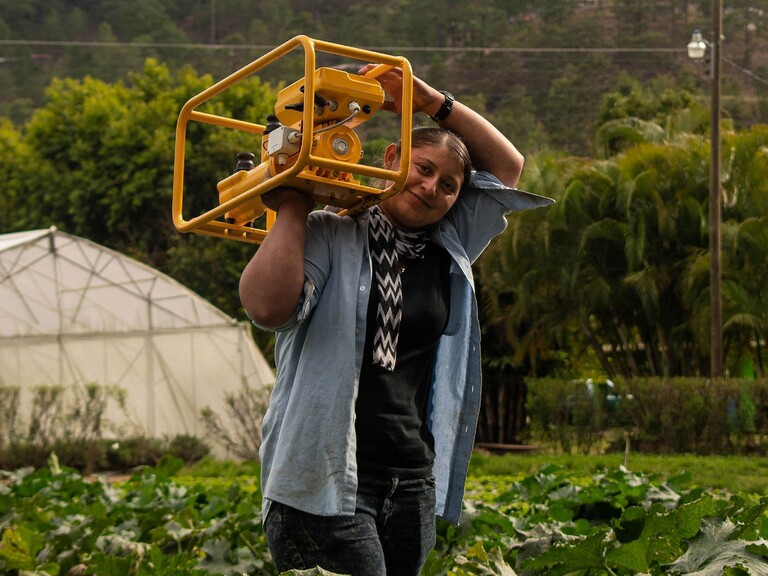
Turning solar energy into savings
Many small-scale farmers and communities rely on water pumping technology for critical needs such as irrigation, drinking water and hygiene. But conventional water pumps require electricity or petrol. To solve this problem, ennos has developed a more socially sustainable and affordable solution: the 0.5 HP and 2 HP solar pump models. These compact, solar-powered devices can supply up to 25,000 l/d (0.5 HP) or 210,000 l/d (2 HP) without any operating costs. Thanks to their modular design and high efficiency, the pumps can transport water up to 60m vertically and 7km horizontally, without emitting any CO2. Compared with a diesel pump, they bring down CO2 emissions by more than 1,000kg per year, saving farmers money by lowering their emissions compensation payments. Moreover, the pumps require virtually no maintenance, guaranteeing a substantial return on investment over their lifecycle.

SedoEngineering
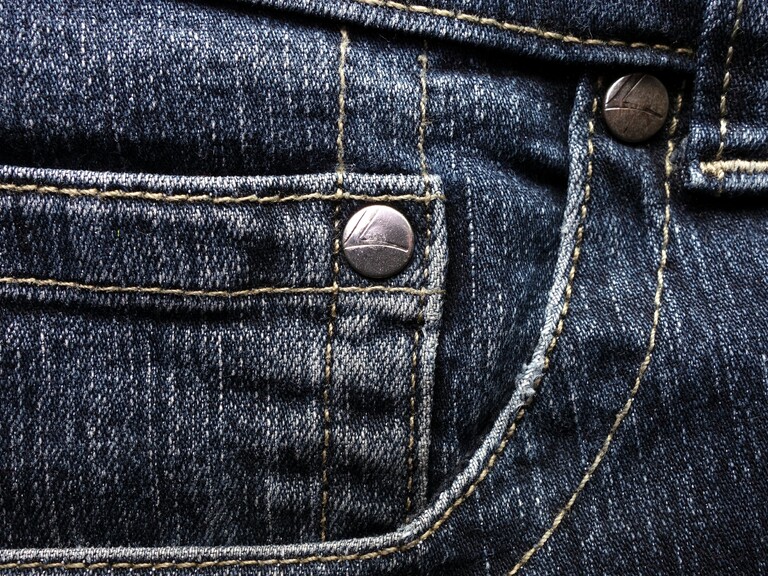
Green Jeans are Finally Here!
Every year, more than 15 billion metres of denim fabric are produced worldwide. This requires tens of thousands of tonnes of indigo powder to dye the fabric blue. Sedo Engineering has developed a complex facility that can dye 25,000 pairs of jeans per day. Called Smart Indigo, it uses integrated electrolysis to produce the famous indigo blue without the use of chemicals, and therefore without contaminating the water ejected from the textile factories after dyeing. The system uses only indigo pigment, electricity, caustic soda and water. Several machines are already in operation, for example in China and Pakistan. Switzerland is thus paving the way for a more environmentally friendly textile industry.

